George Silver
George Silver is probably become the single most widely read source in Historical European Martial Arts, despite the fact that his influence on the development of English fencing was virtually none. His single published book, Paradoxes of Defence of 1599, ranted vainly against the spread of the “Italianated” rapier at the expense of traditional English martial arts, and his second work, Brief Instructions Upon my Paradoxes of Defence, remained unpublished until 1898. By 1617 the fashionable rapier was worn almost universally by English gentlemen, while Silver’s “Old English” style of swordsmanship had all but vanished, and Swetnam seemingly couldn't even get Silver’s name right, hazarding it as “George Giller.”
Regardless, Silver’s works have turned out to be invaluable to the modern martial artist, as no one could ask for a better introduction to the practice of European swordsmanship. Those of us who practice Silver are wildly enthusiastic about his approach to swordsmanship, and find his system has many strengths; while it is fairly simple and easily learned, it is also theoretically sound and extremely robust against when faced with other styles of combat.

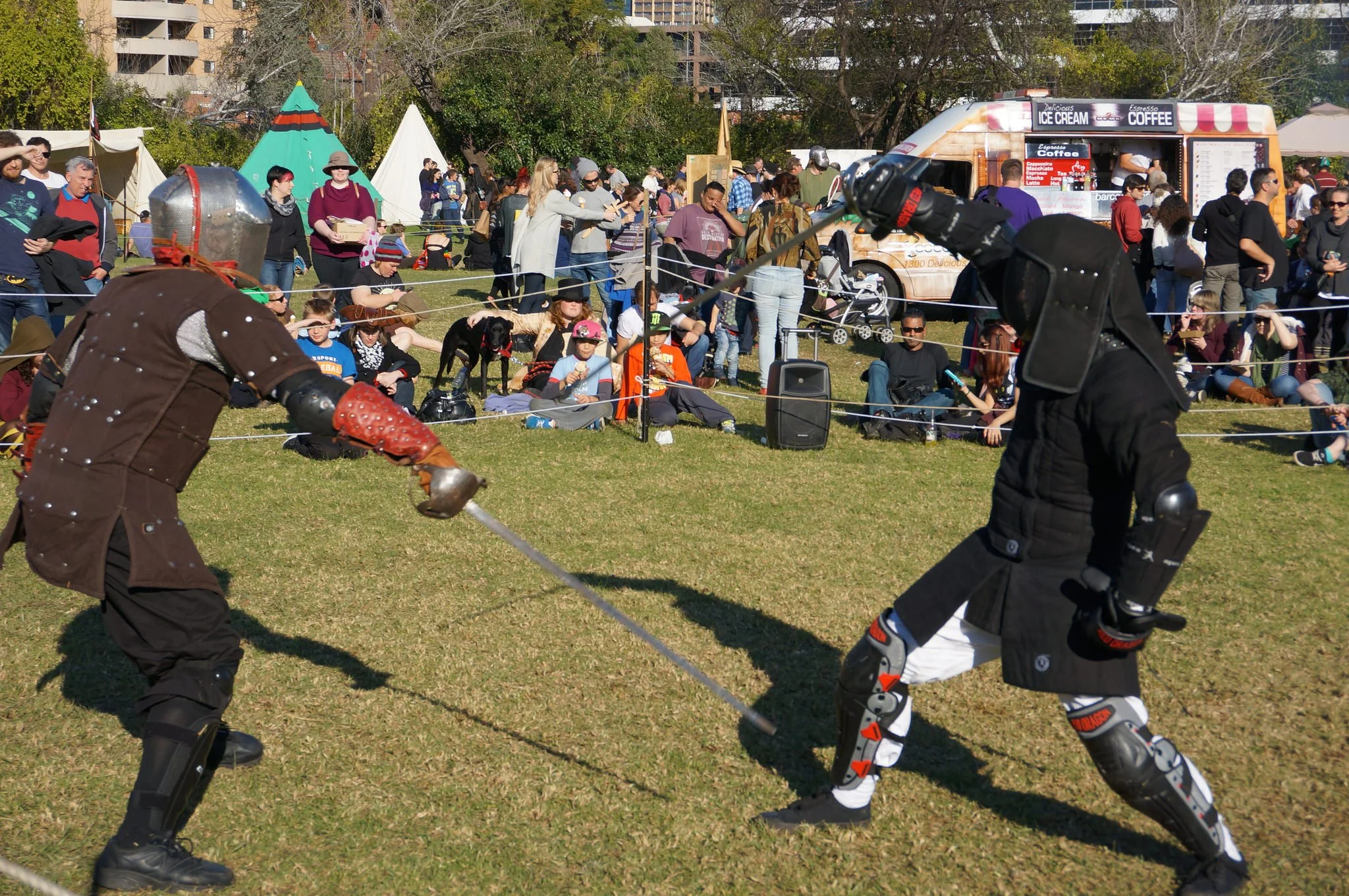
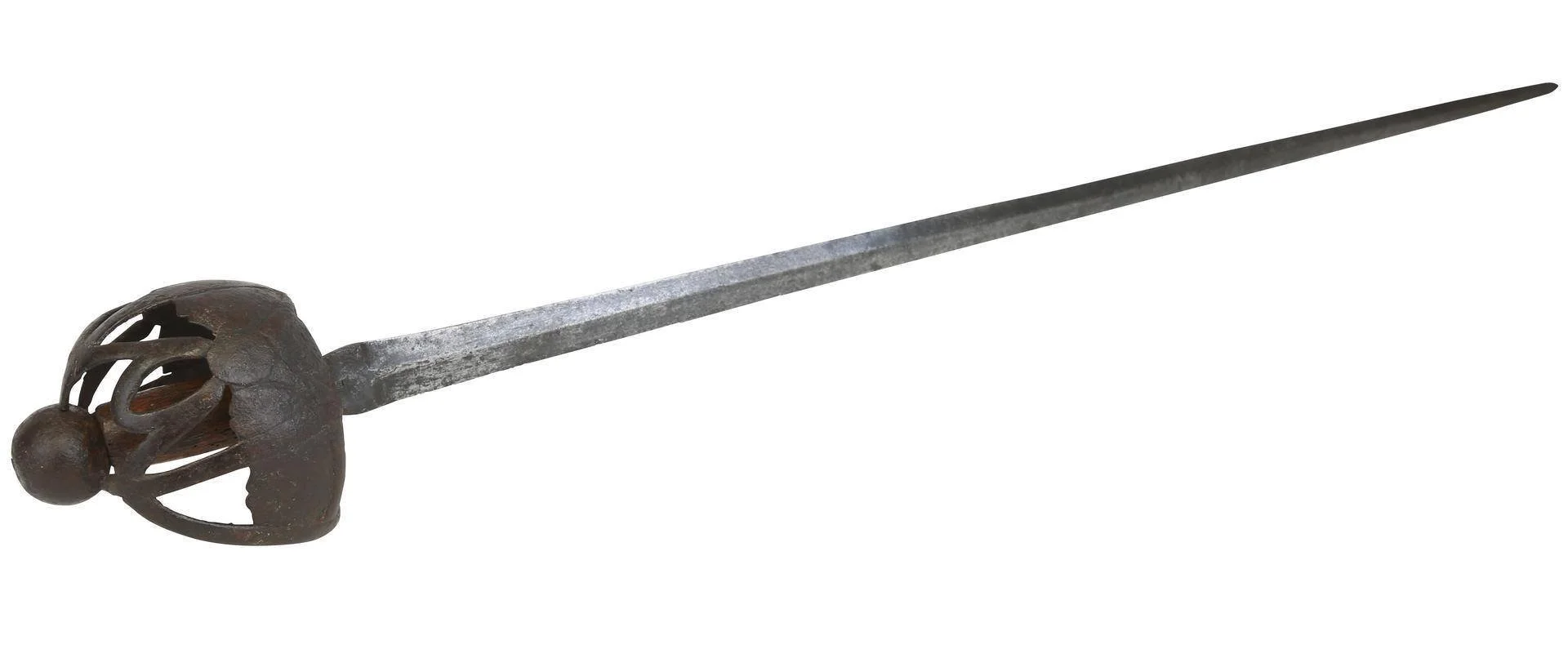
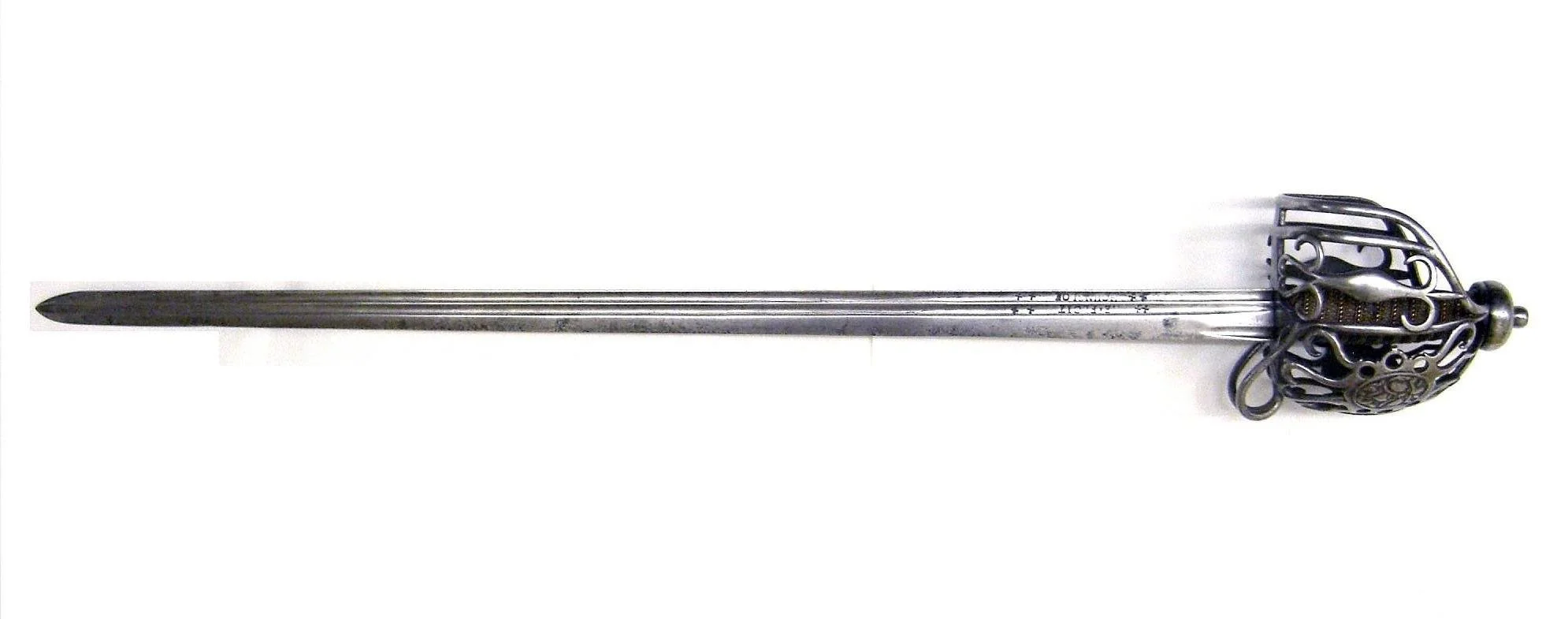
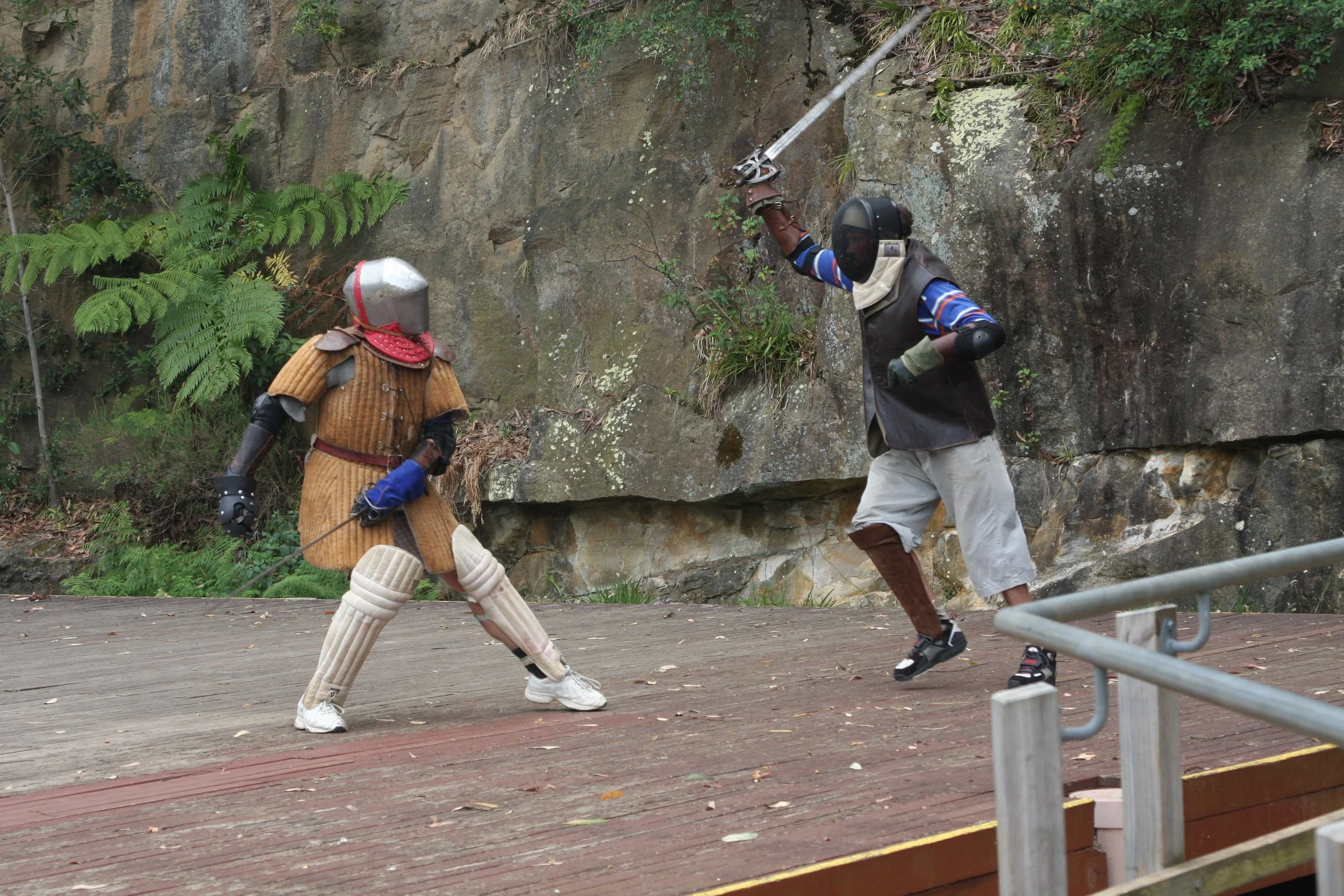
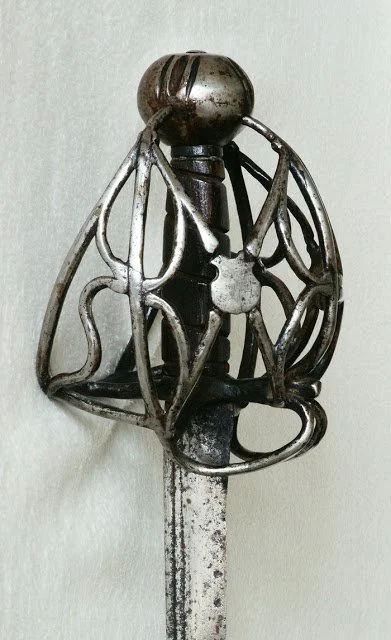
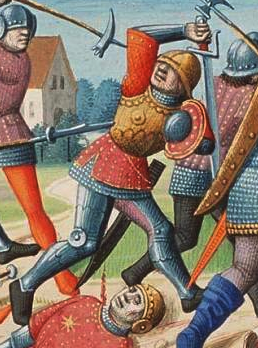
Silver supports the “naturall Fight” of simple, gross-body movements, utilising “such skill as nature yeeldeth” , which can be performed under the adrenalin fuelled stress of actual combat (or, as Swetnam repeatedly reminds us, after “taking too much drinke”), where complex techniques, relying on fine-motor skills, may not. He is primarily concerned with techniques that are useful in a military context or “the Service of the Prince,” and the weapons he recommends are all military weapons found on the medieval and Renaissance battlefield - swords, daggers, shields, staff weapons and two-handed swords.
Silver’s style of combat was straightforward, pragmatic, devastatingly effective. Silver describes into a workable training regime for the modern martial artist interested in learning how to fight in a practical and historically accurate manner.
